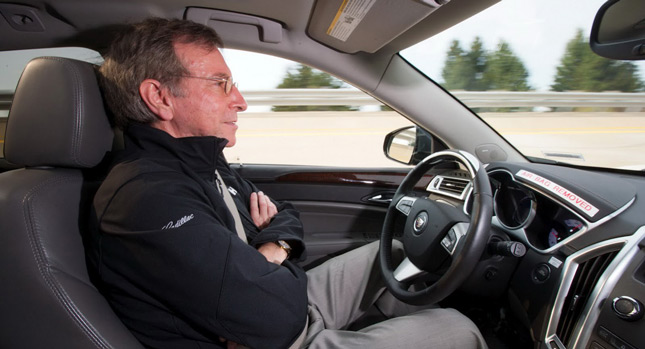On September 26, California Governor Jerry Brown signed law SB 1298, which will allow self-driving cars on the Golden State’s roads. The Governor, as well as Google that has been testing the technology for some time now, announced that, under the new law, “science fiction becomes tomorrow’s reality”, to quote Brown.
The Alliance of Automobile Manufacturers, however, whose members account for 77 percent of all passenger car and light-truck sales in the U.S., believes that even though many carmakers like GM, VW and BMW are jumping on the autonomous vehicle bandwagon, there are still many unresolved issues.
“If the state’s intention is to promote autonomous vehicles, all the concerns –like liability- need to be properly addressed in advance, or we can expect a bumpy road ahead”, read a statement released by the Alliance.
It points out that the law doesn’t offer any protection to the manufacturer of a vehicle that has been converted into a self-driving car without prior consent or even knowledge of said manufacturer.
Moreover, there is the danger of outside interference with the vehicle’s autonomous driving system – intentional or not. A year ago, computer security company McAfee released a report named “Caution: Malware Ahead”.
The report had studied vehicles electrical systems and equipment such as airbags, electronic stability control, multimedia and autonomous cruise control.
Stefan Gross, a professor of automotive technology at Germany’s Ostfalia university and a member of McAfee’s researches, warns against the possibility of hacking into vehicles’ advanced systems.
“Each interface serves as a motivator and means for an attacker to access the vehicle”, he told Wards Auto, adding that he expects “a new chapter of car security in the next two car generations.”
McAfee senior vice president and general manager Stuart McClure makes a valid point: “It is one thing to have your email or laptop compromised, but having your car hacked could translate to dire risks to your personal safety.”
Then there’s the issue of consumer privacy that’s raised by nonprofit advocacy group Consumer Watchdog. California’s SB 1298 legislation “gives the user no control over what data will be gathered and how the information will be used”, said CW’s privacy project supervisor John Simpson.
To sum it up: there are liability issues, Big Brother will intrude more into our lives and, what’s probably worse, cyber terrorists will have a brand new target. Even if you’re not an avid car fan and use your vehicle as a means of getting from point A to point B it all makes you feel great about this new technology, doesn’t it?
By Andrew Tsaousis
Story References: Wards Auto
VIDEO



